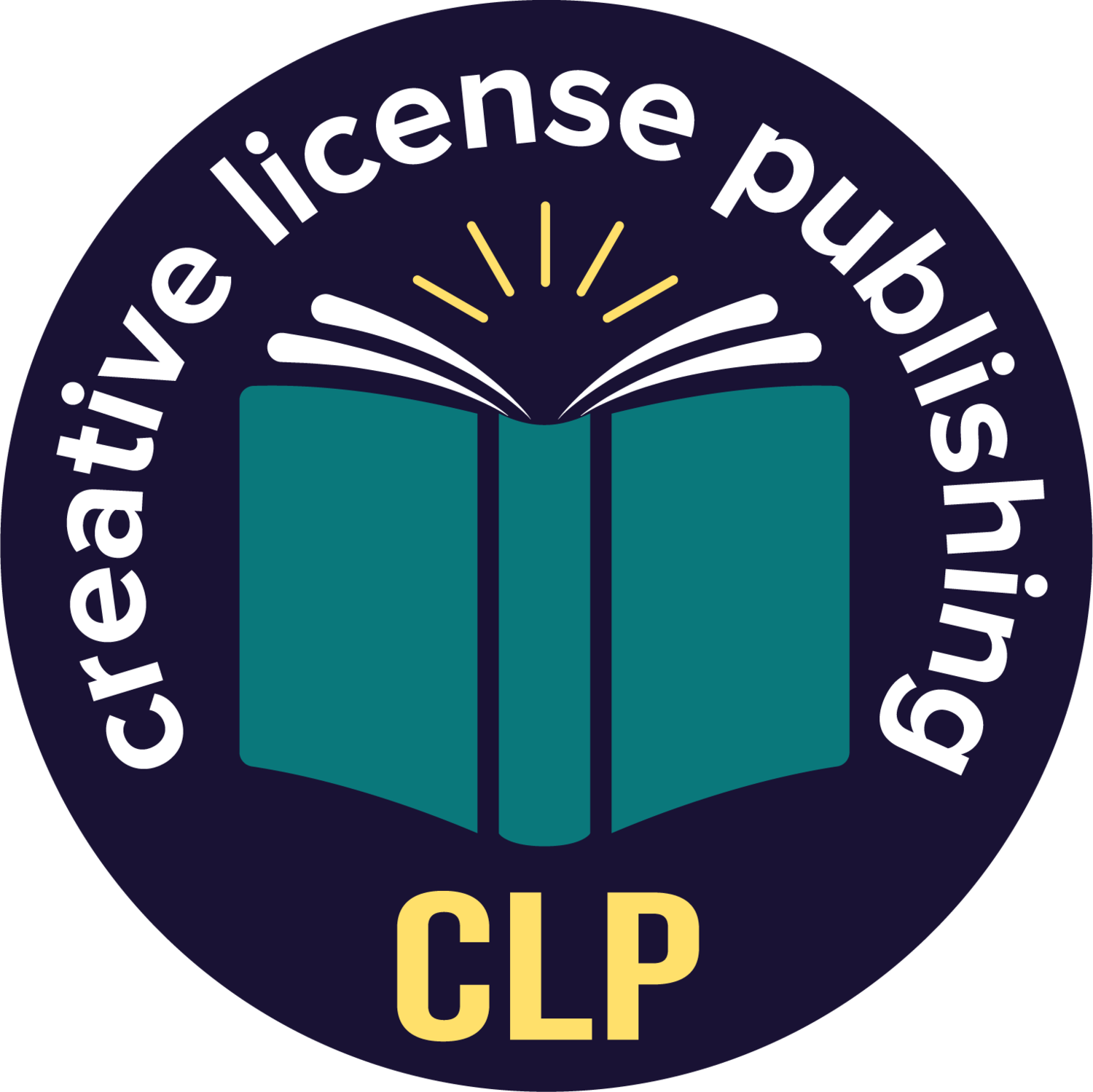Changing the Self-Publishing Stigma
Celeste Chin
The biggest mistake self-published authors make is that they don’t invest in their work before they publish–that is to say, they don’t have their manuscripts critiqued or edited by independent sources. What if Nabisco didn’t test their cookies before they shipped them to the grocery stores? What if Ford didn’t inspect their cars before they left the factory? Then why would you put your book up on Amazon, for example, without the proper inspection by target readers and editors?
Inspections give consumers confidence that the products they buy–yes even books–possess an acceptable quality standard. Yet, self-published authors are not required to have anyone review their work before they make it available for sale. Self-publishing aligns itself with something of lesser quality. Is that fair? Yes, because the ratio of those that have polished manuscripts versus those that don’t allows for the negative stigma of self-publishing to exist.
You can’t deny the distinct reactions from others when you say you’re a published author versus when you say you’re a self-published author–the facial reactions alone can be like a knife to the heart. So how do we overcome the negative image self-publishing produces? When Honda Automotive first came on the car scene back in the 1970’s, their cars were perceived as cheap, made of poor quality materials, because quite frankly they were. Over time, with better manufacturing standards, and focused attention on producing a better product, Honda turned their image around completely. Books aren’t cars but the analogy still holds true. Any stigma, stereotype, or image can be changed with evidence to the contrary, but it takes time and repetition. There is no simple or fast answer except to understand that to produce a quality read you need to stop the following practices:
1–Stop giving your manuscripts to friends and relatives and calling them your editing staff. Unless he or she can satisfy the following criteria it’s time to let your friends off the hook:
a–He or she is your target audience
b–He or she is an avid reader of your genre
c–He or she is well versed in grammar and punctuation
d–He or she can be 100% objective–And when we talk about objective feedback, we don’t mean your best friend asking one or two questions, and then handing you your manuscript back with a pat on the back and a manufactured, “Good Job.”
e–He or she can provide comprehensive feedback and edits to produce a polished manuscript
Truth is anyone you have a personal relationship with on some level will struggle in giving you true independent and comprehensive feedback.
2–Don’t rely on your writing group as your only means of editing. Do not assume because you get feedback from your writing group that it will supplement your need for a reader critique or an editor–it just won’t. As much as I am an advocate for writing groups and understand their importance in providing for a writer’s support and development, the members, like your other family and friends, aren’t looking at your work in the same light as an independent critic or editor. Typically, the group reviews your work in small sections at a time and not necessarily sequentially, so they will be unable to properly identify gaps or inconsistencies. Not to mention, the group dynamic doesn’t always perfectly align with your target market.
3–Don’t try and save a buck. Look, money is almost always a factor to writers not getting an independent and professional review of their work. But step back and look at the big picture. What good does it do for you to write a book, have Grandma edit it and then have it sit on Amazon forever. Then the only sales you see are from those five friends and relatives who took the time to go buy it. At that point, just print it out and hand copies to those five people, because publishing on Amazon isn’t free!
Before you throw your unedited manuscript into the mix of self-published books and hope for the best, stop. First, shopping for critiques and editors is free and worth the time and effort. Ask your fellow writing group members who they’ve used or would recommend. Or better yet, contact us at Creative License Publishing where we thrive on helping new writers produce a polished quality product. We have a unique approach to critiquing manuscripts because we don’t just give you any reader or readers to work with, we give you your future buyers. CLP also takes your personal budget into account and we will help you design an editing plan to polish your work.
Unlike some of our competitors we understand the struggle of getting published because most of our staff have been in your shoes. We also know that there are so many excellent writers out there that can deliver works on par with or superior to the mainstream published works on the market today, they just need the right help. Like any quality product, make sure yours passes inspection and is the next “must read,” so together we can impact how the world looks at self-publishing.
